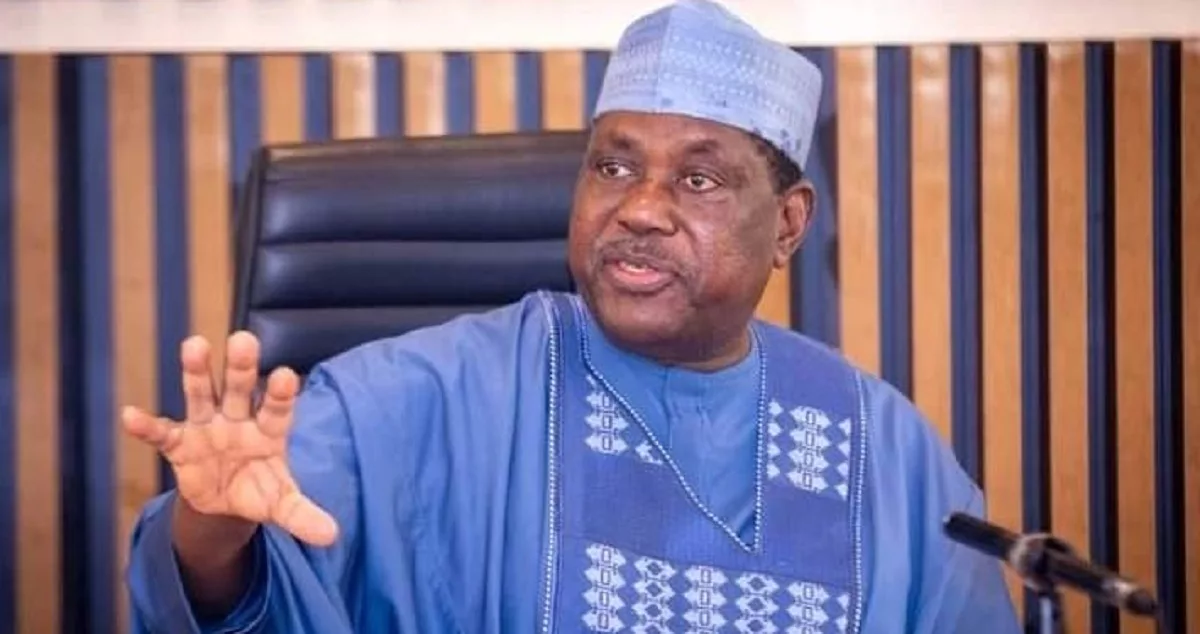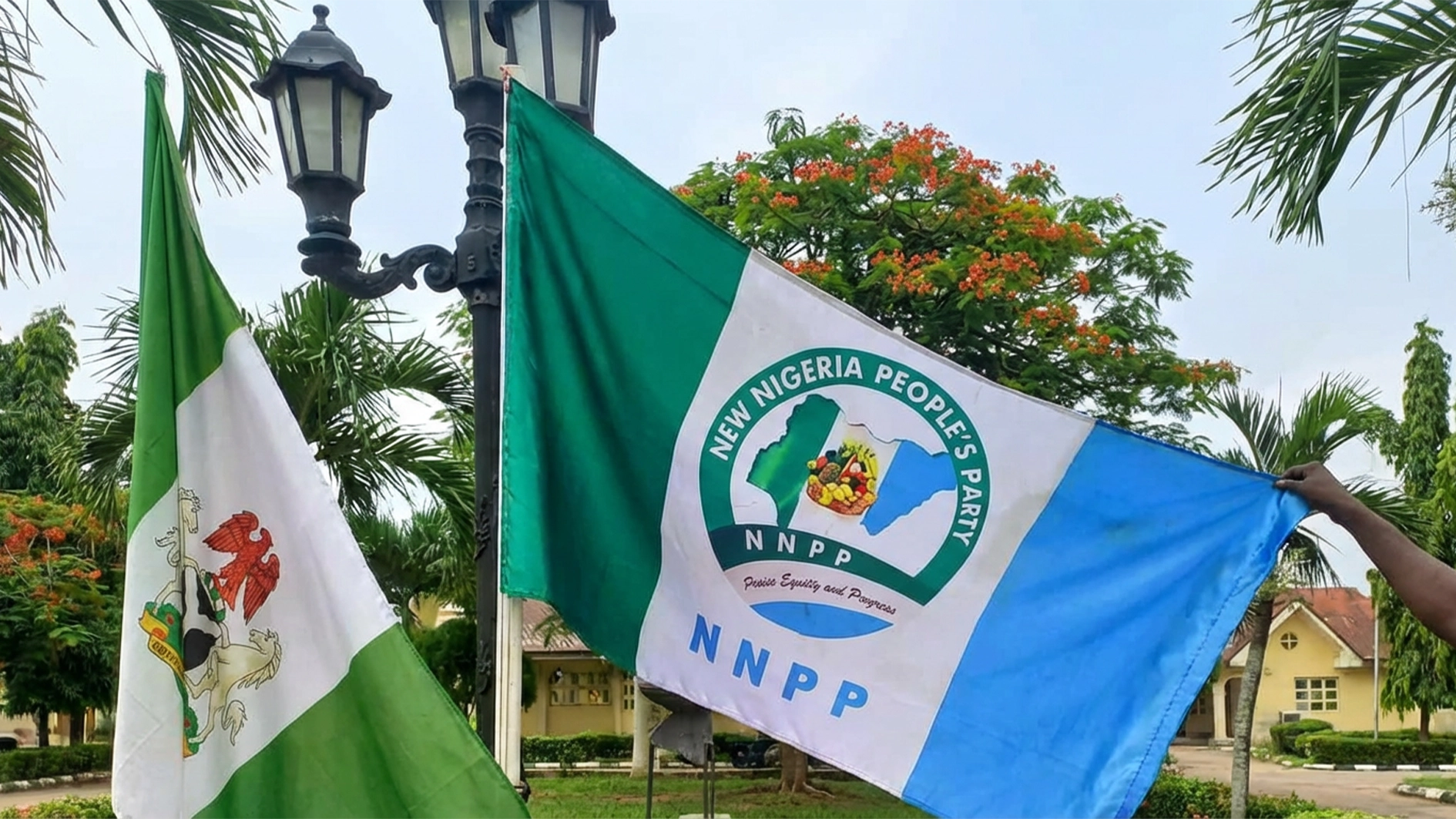• Industrialists Lament B’Odogwu Platform Glitches
Following numerous complaints arising from the four per cent Free-on-Board (FOB) levy on imports by the Nigeria Customs Service (NCS), manufacturers importing raw materials, machinery and spare parts under the concessions contained in Chapters 98 and 99 of the Customs Tariff have been exempted from the levy.
Also excluded from the levy are government projects with duty exemption certificates, humanitarian imports, healthcare-related goods and commercial airline spare parts.
This was disclosed on Friday after a consultation between the NCS and the Manufacturers Association of Nigeria (MAN) at MAN House, Lagos, as part of the outcome of a stakeholders’ engagement on the complaints arising from the FOB charge.
Comptroller-General of Customs, Bashir Adeniyi, also announced that manufacturers not yet listed under the relevant tariff chapters will be expedited for onboarding through a tripartite consultation between the Finance Ministry, NCS and MAN.
He said payments already made by affected manufacturers will be credited for future transactions.
Adeniyi advised manufacturers currently on Chapters 98 and 99 to apply for pre-release of the consignment to avoid payment of demurrage.
“An immediate tripartite consultation of the Federal Ministry of Finance, NCS, and MAN would be held to work out the modalities for expedited onboarding of manufacturers on Chapters 98 and 99,” he said.
He announced the systematic reduction of highway checkpoints to cut delays and costs of doing business in the country for manufacturers across all trade corridors.
Adeniyi also announced the integration of its new indigenous Unified Customs Management System (UCMS), known as B’Odogwu, into the National Single Window (NSW) platform, expected to become operational in the first quarter of 2026 as directed by the Presidency.
Highlighting recent trade facilitation measures, Adeniyi announced the development of a comprehensive framework for one-stop shops to streamline manufacturers’ interactions with Customs and other regulatory agencies.
He explained that the initiative is designed to eliminate bureaucratic bottlenecks for manufacturers in taking delivery of their cargoes at the ports, while maintaining robust security and compliance standards.
Speaking, MAN president, Francis Meshioye, lamented the pressing challenges confronting the association’s 2,500 member companies and hampering manufacturing competitiveness; including the FOB levy, multiple checkpoints threatening trade facilitation, multiple customs alerts in the system and glitches on the B’Odogwu trade platform.
He stressed that addressing these issues is critical for creating a seamless operating environment for local manufacturers, while urging Customs to provide clarity and workable solutions on these policies to prevent disruptions to manufacturing operations.
Meshioye emphasised that trade facilitation, industrial development, and economic growth remain fundamental to Nigeria’s prosperity.
He called for stronger collaboration with Customs to tackle operational challenges at the ports and reduce the cost of doing business in the country’s manufacturing sector.
“Our goal is to streamline trade processes, reduce costs of doing business at the ports, and enhance our industrial competitiveness,” he stated.
Beyond existing exemptions, discussions focused on additional trade facilitation initiatives being implemented by Customs, including streamlining regulatory processes and eliminating bureaucratic bottlenecks, systematic reduction of unnecessary checkpoints that add costs without corresponding value and integrating digital solutions to accelerate legitimate trade processing as well as maintaining security standards.
Both parties agreed to establish formal consultation mechanisms ensuring regular dialogue on policy developments affecting manufacturers, including proactive engagement on Customs policy changes before implementation, feedback systems allowing real-time assessment of policy impacts and periodic review meetings to assess progress and identify new collaboration opportunities.






